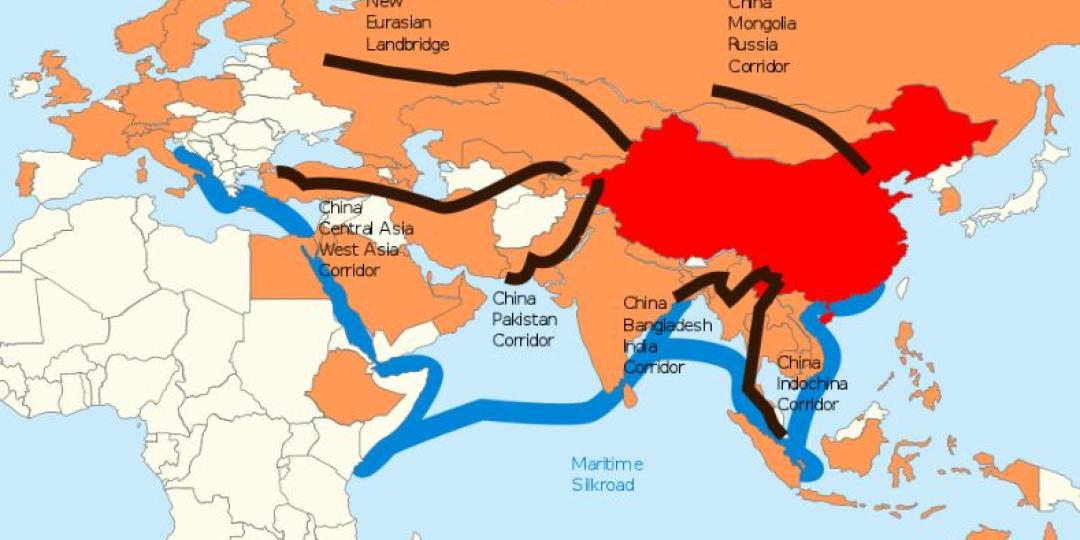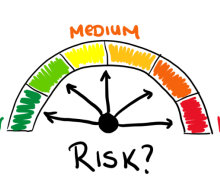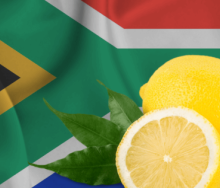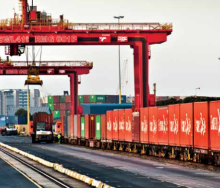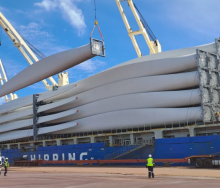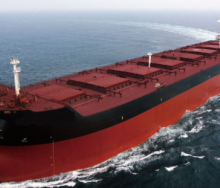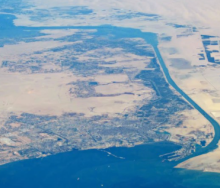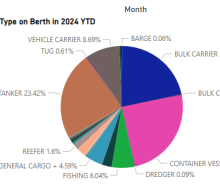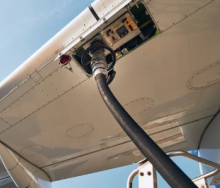Rising opposition from the US, Israel, Sri Lanka and Australia against China could result in the latter losing control of two external ports and forfeiting a deal that would secure a third outside its own territory.
At stake is the Port of Darwin for which China has a 99-year lease, and the Port of Hambantota which Sri Lanka ‘ceded’ to its Asian infrastructural investor after defaulting on payments.
Moreover, the US is mounting pressure on Israel to pull out of a planned port for Haifa that China is set to control for 25 years once it opens in 2021.
In respect of Australia, the Darwin deal has been a source of internal opprobrium since 2015 when China was handed a lease for 99 years.
A push by the government of Prime Minister Scott Morrison for an independent inquiry into last December’s coronavirus outbreak has unfortunately soured relations, causing China to raise tariffs on barley imports from Australia.
It also placed a ban on Australian red meat imports.
In retaliation Australia is talking about resuming control of its far northern port on the Timor Sea - with far-reaching consequences for China’s sea trade to the Antipodes.
In Sri Lanka, sensing opportunity to reignite resistance to losing control of Hambantota for 99 years over repayment difficulties, Prime Minister Gotabaya Rajapaksa is clamouring for the renegotiation of contractual obligations widely derided as “debt trap diplomacy” by China.
Additionally, the death of China's ambassador to Israel earlier this month and the resulting strained relations after the Government of Xi Jinping insisted that the case be investigated, enticed Washington to apply pressure on Tel Aviv to call off the Haifa deal.
More importantly, should China lose control of these ports it could deal a massive blow to its Belt and Road Initiative, a global multi-modal trade network that relies heavily on Darwin, Hambantota, and the proposed port developments at Haifa to succeed.
